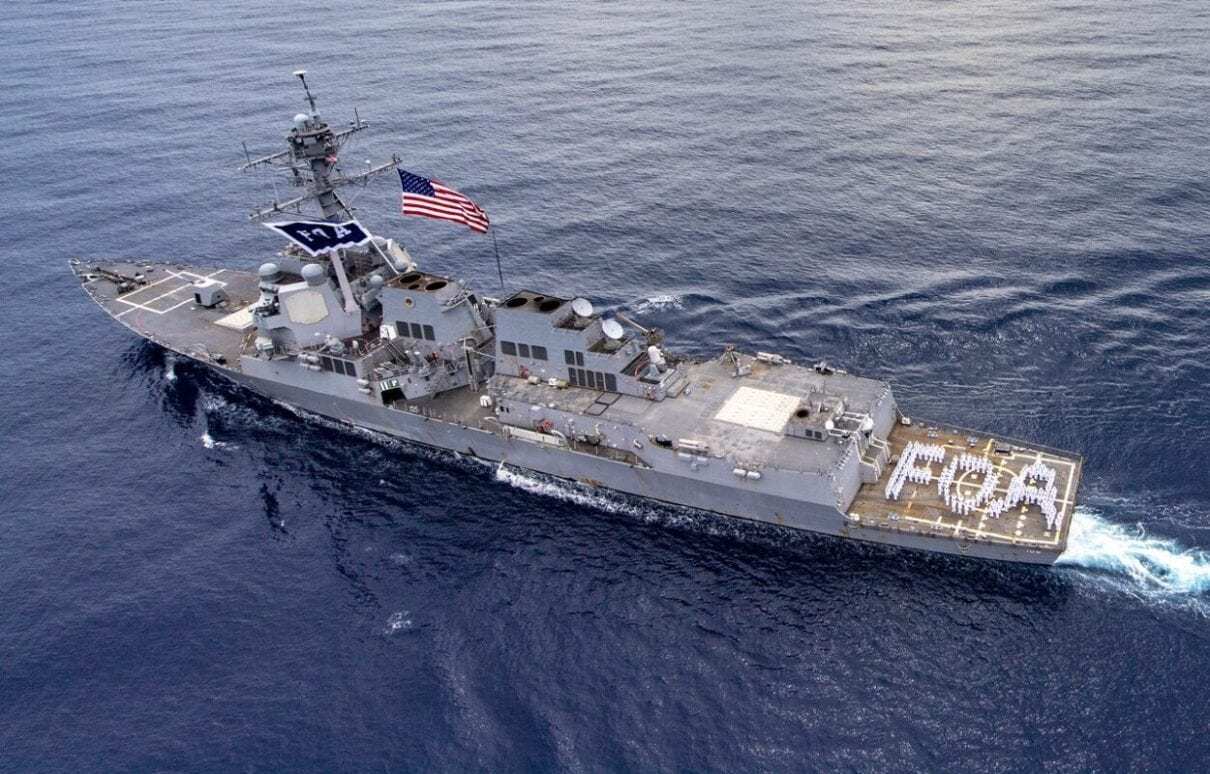Ben Parker bestowed some sage advice on his nephew, Peter, when he said: “With great power comes great responsibility.” But Peter Parker (better known as Spider-Man) had it easy, despite the otherworldly menaces he often faced. He came by his superpowers through a quirk of fate and could rely on them always to be there when he needed them. The superhero could take on extraordinary responsibility for battling crime without wondering whether he had enough power to fight the good fight. He knew he did.
Presidents, diplomats, and military officers have no such luxury. The converse of Ben’s adage holds in world politics—with a twist: “With great responsibility must come great power.” The must indicates that there is no guarantee national leaders will have enough power on hand to attain their purposes—just the opposite. Political and military leaders are not superhuman. If their societies are to shoulder great responsibilities, they must develop great power through conscious and diligent labor.
Marshaling and husbanding economic, military, and diplomatic power is work that never ends. Fail at this central mission of statecraft, and aspirations will outrun the resources needed to make good on them. The national project could come to ruin.
And the scale of the regional and global responsibilities the United States has taken up since its founding is astounding. Today, as ever, U.S. society and government confront a stark choice: Shed some international burdens and embrace humbler political aims, in which case it might be possible to get by with modest military forces (albeit at greater risk and peril). Or, continue to bear heavy responsibilities and maintain power adequate to doing so.
The Navy constitutes the long arm of foreign policy for this oceangoing republic. Ergo, great responsibility demands great sea power. Only a navy capable of executing an offensive strategy across transoceanic distances will do.
What Washington must not do is set ambitious goals while neglecting to amass the means to achieve them. U.S. leaders have transgressed before. In 1943, the political commentator Walter Lippmann reproached past presidential administrations for taking on vast commitments in the Pacific Ocean after the 1898 Spanish-American War but failing to construct a navy mighty enough to defend them. Lippmann adjudged foreign-policy magnates guilty of “monstrous imprudence.” Ambition unbacked by physical might had invited Japanese aggression. Future administrations must not repeat their forebears’ strategic malpractice.
Guarantee Access
Consider the responsibilities the nation has taken on over time. For naval historian Alfred Thayer Mahan, enriching the populace and thence sluicing tax revenue into government coffers—some to fund a navy—constitutes the prime purpose of maritime strategy. In fact, Mahan deems a people’s innate propensity to trade—not its talent for sea warfare—“the national characteristic most important to the development of sea power.”
That being the case, he says, it is the job of strategic overseers to facilitate (in descending order of importance) commercial, diplomatic, and military access to regions where U.S. industry hopes to do business. Commerce is king for seafaring societies. Diplomatic access is an enabler for commercial access. In turn, military access is an enabler for diplomatic access. In the Mahanian scheme, that is, the Navy acts as the guardian of choice for merchant shipping while lending its weight to diplomacy. It plays an indispensable supporting part in the national mission.
The above was an excerpt from 19FortyFive Contributing Editor Dr. James Holmes in his latest article in Proceedings Magazine. You can read the rest here.

